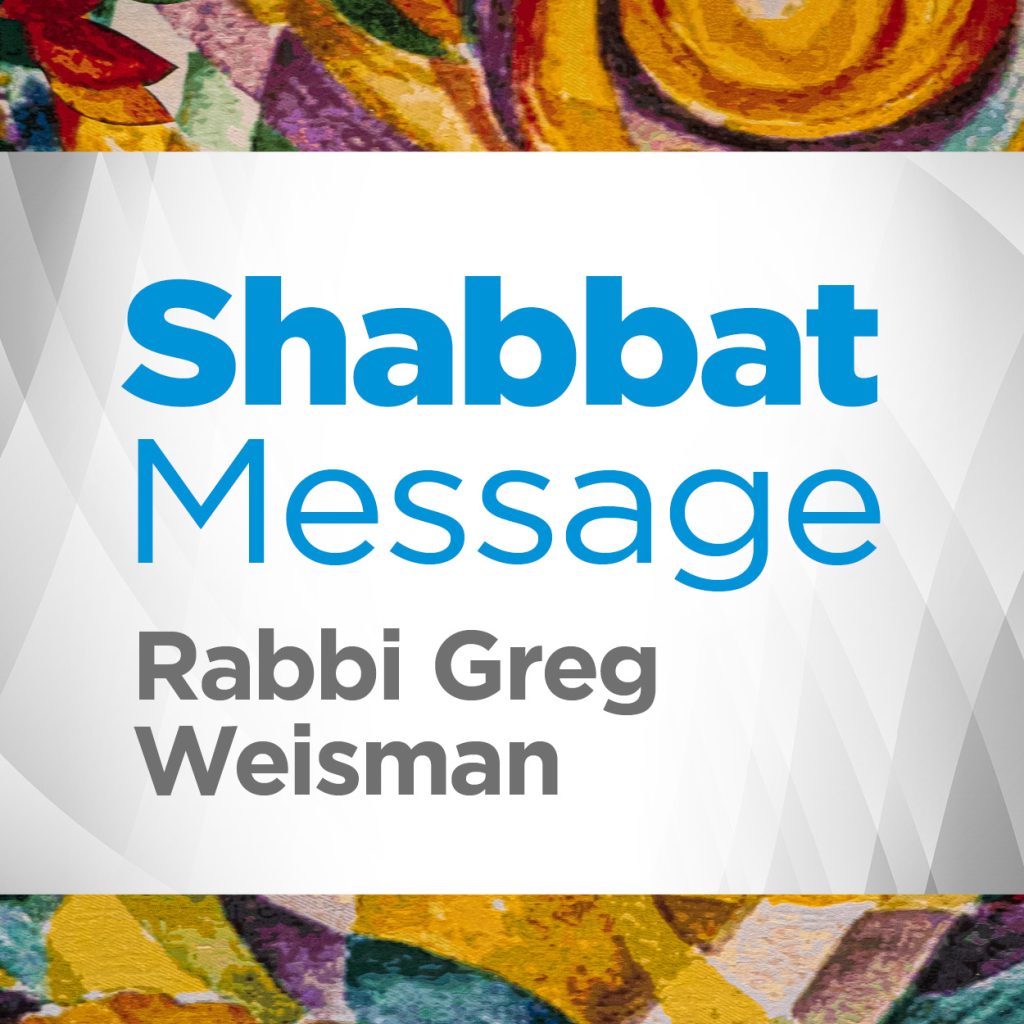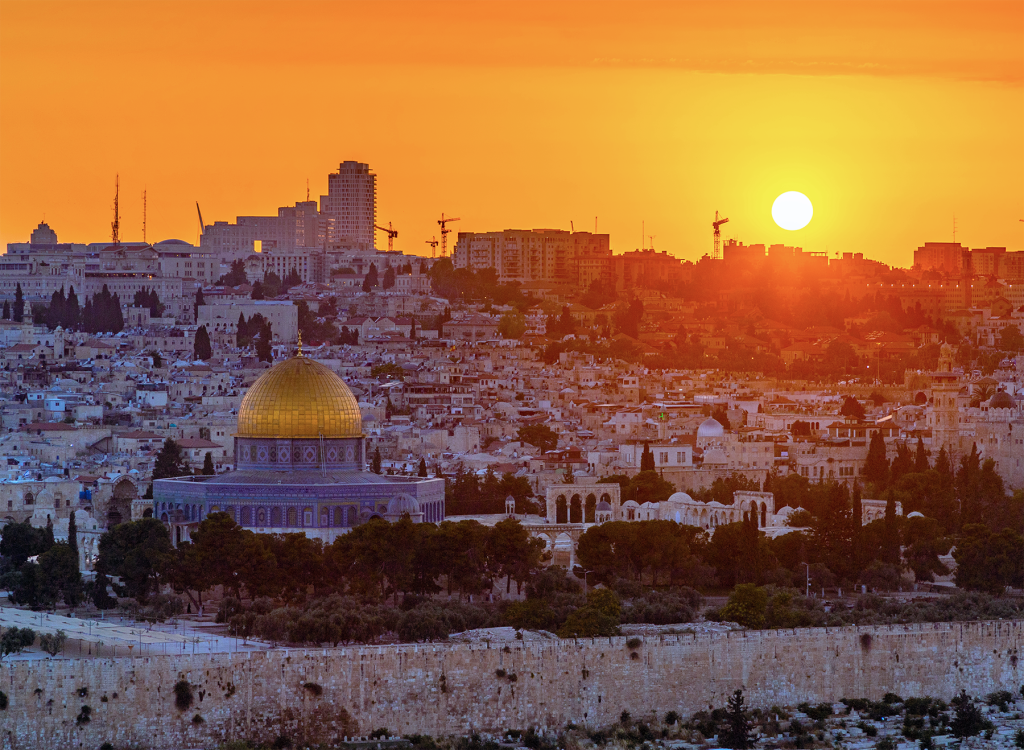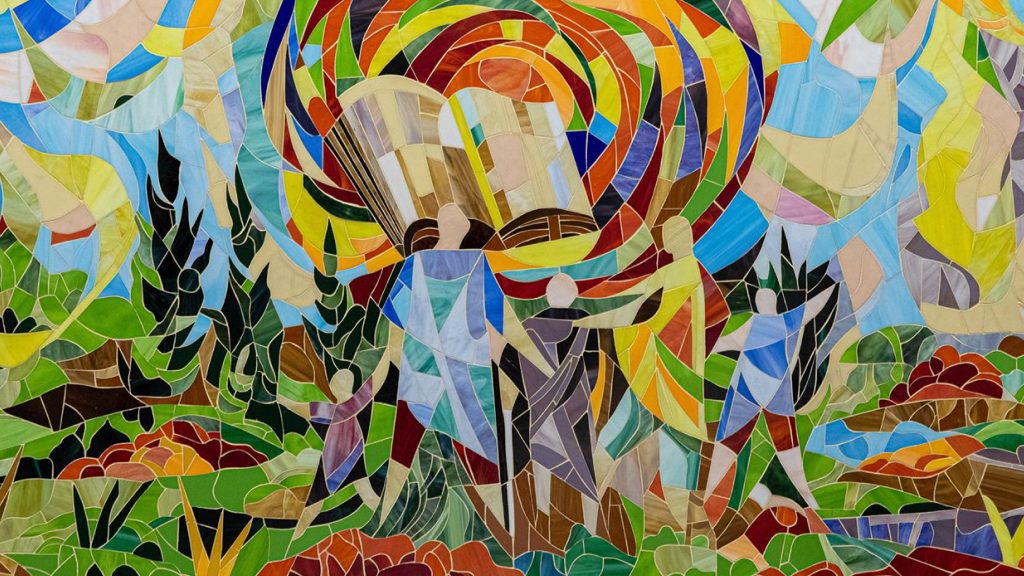I spent the week of Thanksgiving in the Chicago suburbs, spending time with my family and seeing some old friends. I hadn’t been to Chicago during this time of the year in many, many years. I was ready for the cooler weather, which pleasantly, was chilly but more than bearable. What I wasn’t prepared for, which I had forgotten about (or perhaps never really realized growing up there), was the darkness. By 4:45 pm the sun had set, and by 5:15 pm it was dark. Having spent the better part of 20 years in latitudes much further south, I’m used to sunset around 5:30 pm, just like what we are going to experience tonight.
The darkness was almost palpable, but I do think that part of it was just the surprise of it all. There is no doubt that some of that palpability was a project of the emotional darkness so many of us have been carrying for the last nine weeks. That darkness is static and dynamic …static in that it continues, and dynamic in that we are continuing to experience it in different ways. Our understanding of the events of October 7 continues to get bleaker and bleaker. More and more Israeli soldiers are being wounded or killed in action. The loss of life in Gaza – for which I place the blame squarely on the shoulders of the terrorist organizations who hide behind them – is tragic. Here at home, the rise in antisemitic acts, words, and sentiments is at once dismaying and disorienting. I am dismayed by so many who do not have moral clarity to recognize the travesties of October 7, and the right of Israel to defend herself. I am disoriented by an American society that after many decades of purported concern for the well-being of its Jewish inhabitants, at this moment seems no longer to care. Those who would deny our pain leave me with little to say to them, but those who cannot find the courage to share their concern for us deeply saddens me.
So, in this moment, I have been saying to myself, “Thank God for Chanukah.”
Chanukah reminds us of how to think about being in the dark. The eight nights fall during the eight darkest nights of the month, when the moon is the slimmest. It falls near the winter solstice, when daylight is the most limited. And it situates our minds to a time when our people were faced with existential challenges. The mighty Greek empire was seeking to eviscerate our Torah and traditions. But not by might, nor by power, but with our spirit, we were able to overcome to victory.
Years ago I had the privilege of learning from Rabbi Jonathan Sacks z”l, and he offered a beautiful insight into the story of Chanukah. He began by distinguishing between power and influence. Power, he taught, is finite. There is only so much of it, and when one person or one party wields it, it means there is less for others. It works by division. Influence, on the other hand, works by multiplication. It isn’t limited, rather it can amplify and spread, infinitely. The story of Chanukah had elements both of power and of influence. On the one hand, the Maccabees used power to overwhelm the Greeks, to recapture and then rededicate the Temple, and to return our people to the rituals that we used in that time. But looking back centuries later, when the rabbis of the Talmud prescribed the celebration of Chanukah, they were no longer living with that Temple, with those rituals. They realized that the true meaning of Chanukah was not that we had the power to rededicate the Temple, but that we had the influence to continue to share the light of Torah with the world.
Influence has no greater metaphor than fire and candles. The flame of a single match can light an infinite number of candles, and the warmth of a candle can spread from one to the next, without diminishing the first candle one iota.
I am comforted by this idea of influence, and its relationship to power in this moment. Earlier today I had the privilege of learning from Rabbi Donniel Hartman, who is visiting south Florida. He leads the Shalom Hartman Institute, an institution of learning and thinking based in Jerusalem that many rabbis and Jews around the world enjoy learning from. In our conversation, which focused a lot on the power of the modern State of Israel and the opportunities and challenges of wielding it responsibly, he noted a parallel happening right now between Israeli and American Jews: each of us are sad and concerned about the other. We, of course, have our hearts torn open for Israel and Israelis. But he shared with us that many, many Israelis, seeing what is going on here in the US, are just as concerned for us.
That is a quintessential, albeit tragic, Jewish reality. As these two poles of Jewish life are each embroiled in their own moment of difficulty, neither abrogates their responsibility of concern for the other. We watch as Israel utilizes her power to meet her needs for safety and security, and Israelis watch as American Jews, who undoubtedly wield outsized power for the size of our community, do our best to change the public discourse here.
It would be challenging for either community to succeed on their own. But by challenging ourselves to reach beyond our powers and in addition activate our ability to influence, we might just see our way through to success. Here, our need to be in dialogue with our neighbors, to share our experience as a people bereaved and bereft, and to celebrate those from outside our community to continue to stand with us and share our pain, cannot be overstated. We have spent decades in the US building that kind of influence – now is the time to utilize it.
Inspired by the Maccabees, who despite the darkness of their times, down to their last cruse of oil, did not give up hope that they could build or rebuild a world in which they could flourish; let us confront this moment of darkness with the warmth and glow of our souls’ candles that can light the world.
Shabbat Shalom,
Rabbi Greg Weisman










